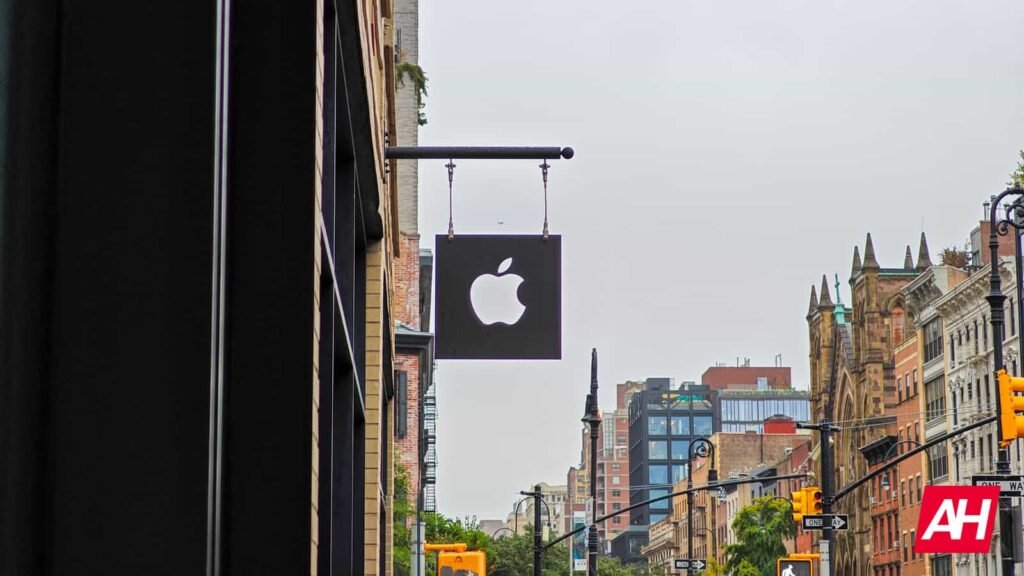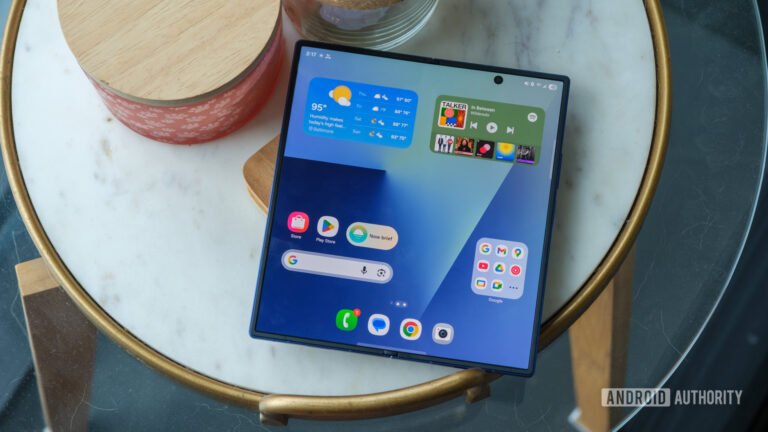

Apple’s fight against the EU over the DMA (Digital Markets Act) is seeing a major development. It has opened its legal battle on the DMA, where it’s telling the EU’s second-highest court that the new competition regime unlawfully mandates changes to the App Store, iMessage, and iPhone. Apple delivered its argument before the EU’s General Court in Luxembourg. This comes after a recent report that said the company may settle.
Apple fights back over the EU’s DMA in court
Apple claims that the DMA imposes obligations that are incompatible with the protections of security, privacy, and property rights under EU law. It told the EU court that the law places “hugely onerous and intrusive burdens” on designated gatekeepers. The law requires big tech companies like Apple to make their core services interoperable with rivals and loosen restrictions. The goal here is to prevent companies from leveraging dominance in one market to establish power in another.
In its filing, Apple contests three decisions linked to the law. Firstly, it’s challenging obligations that require iPhone hardware and services to interoperate with competing devices like earbuds or smartwatches. In its defence, Apple argues that this interoperability with unknown hardware could undermine user security safeguards, violate intellectual property protections, and diminish privacy controls.
Apple is challenging the inclusion of the App Store as a covered service under DMA
Second, Apple disputes the inclusion of the App Store as a “covered service” under the DMA. EU regulators found that Apple’s control over app distribution confers structural gatekeeper power. In April, Apple was slapped with a €500 million (~ $580 million) fine for violating anti-steering provisions relating to purchases outside Apple’s system.
Apple is challenging both the designation and the penalty in separate cases. It notes that the App Store should not be treated as a single unified service for the DMA. It should fall outside the statute’s scope.
Lastly, the company is challenging the Commission’s move to investigate whether iMessage should have been a covered service. Though it ultimately decided not to, as it doesn’t directly produce revenue for Apple. The company notes that initiating that inquiry was itself procedurally improper.
The commission’s lawyer argues that Apple has built an exclusionary position
The lawyer Paul-John Loewenthal, representing the commission, argued that Apple has built an exclusive position by maintaining independent control over the iPhone platform. He told the judges that Apple’s “absolute control” allows it to extract “supernormal profits” in complementary markets where its competitors are not strong.
“Only Apple has the keys to that walled garden. It decides who gets it and who can offer their products and services to iPhone users. And through such control, Apple has locked in more than a third of European smartphone users,” Paul added.
The latest case marks the first time that the company has asked EU judges to limit the legal reach of the DMA before it fully implements the law across its ecosystem.
The post Apple Challenges EU’s Digital Market Act in Court appeared first on Android Headlines.

